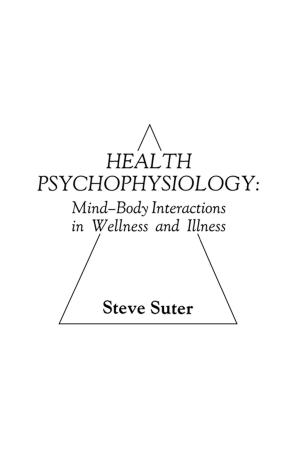Perverse Psychology
The pathologization of sexual violence and transgenderism
Nonfiction, Health & Well Being, Psychology, Clinical Psychology, Human Sexuality| Author: | Jemma Tosh | ISBN: | 9781317635437 |
| Publisher: | Taylor and Francis | Publication: | July 25, 2014 |
| Imprint: | Routledge | Language: | English |
| Author: | Jemma Tosh |
| ISBN: | 9781317635437 |
| Publisher: | Taylor and Francis |
| Publication: | July 25, 2014 |
| Imprint: | Routledge |
| Language: | English |
Psychology defines people who take pleasure in the suffering of others as having a form of mental illness, while media representations frame such behaviour as ‘evil’. This is hotly contested territory, not least where sexual violence is concerned – violence which feminist voices argue is related to power rather than sex.
Perverse Psychology examines psychiatric constructions of sexual violence and transgender people from the 19th century until the latest DSM-5 diagnoses. It uses discourse analysis to interrogate the discursive boundaries between 'normal' and 'abnormal' rape, as well as the pathologization of gender and sexual diversity. The book illuminates for the first time the parallels between psychiatry’s construction of gender diversity and sexual violence, and leads us to question whether it is violence that the profession finds so intriguing, or the gender nonconformity it represents.
Perverse Psychology is ideal reading for postgraduate students and researchers in the fields of critical psychology, discourse analysis, feminism, transgender people, LGBT psychology, and the history of psychiatry.
Psychology defines people who take pleasure in the suffering of others as having a form of mental illness, while media representations frame such behaviour as ‘evil’. This is hotly contested territory, not least where sexual violence is concerned – violence which feminist voices argue is related to power rather than sex.
Perverse Psychology examines psychiatric constructions of sexual violence and transgender people from the 19th century until the latest DSM-5 diagnoses. It uses discourse analysis to interrogate the discursive boundaries between 'normal' and 'abnormal' rape, as well as the pathologization of gender and sexual diversity. The book illuminates for the first time the parallels between psychiatry’s construction of gender diversity and sexual violence, and leads us to question whether it is violence that the profession finds so intriguing, or the gender nonconformity it represents.
Perverse Psychology is ideal reading for postgraduate students and researchers in the fields of critical psychology, discourse analysis, feminism, transgender people, LGBT psychology, and the history of psychiatry.















